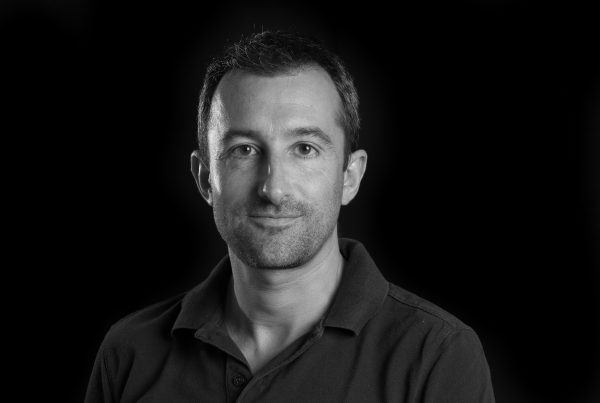Graduated in Biology at the University Paul Sabatier in Toulouse, Florent Rivals received his PhD in Prehistory from the University of Perpignan (France) in 2002. In 2004, he completed a postdoctoral research at the American Museum of Natural History and in 2005, he was awarded a postdoctoral fellowship from the Humboldt Foundation at the Universität Hamburg (Germany). He was appointed ICREA Junior Researcher (2007 to 2012) at the Institut Català de Paleoecologia Humana i Evolució Social (IPHES) in Tarragona and since October 2013, he is ICREA Research Professor at the same institution. He participates in several national and international projects, and he is principal investigador of the "NEANDERLIFE 2” project funded by the Ministerio de Ciencia, Innovación y Universidades. F. Rivals is co-author of about 90 peer-reviewed articles in international journals.
